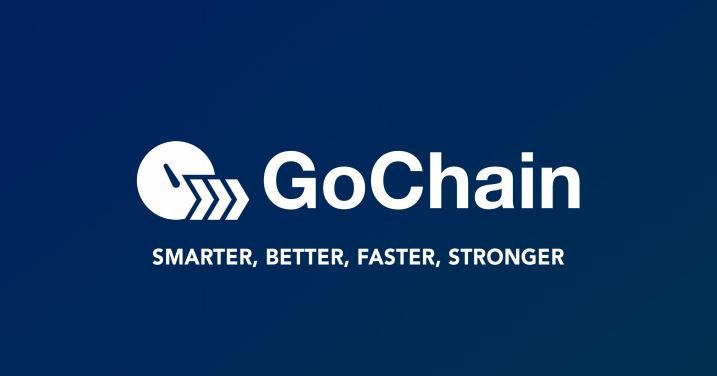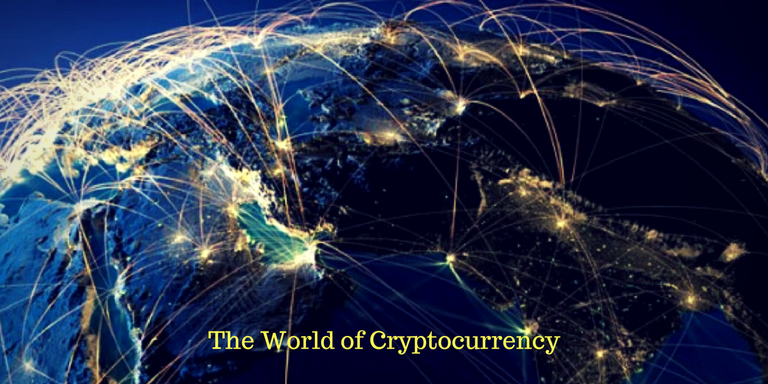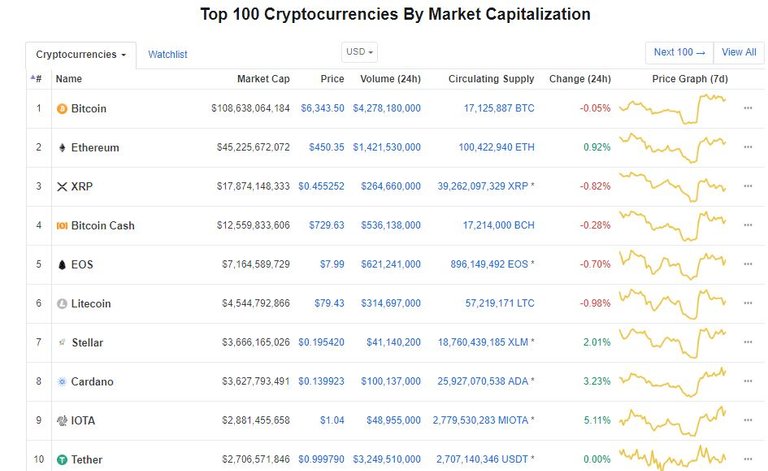In the World of Cryptocurrency which originated in the late 2008 by Satoshi Nakamoto which initially emerged as a side product of a Peer-to-Peer Electronic cash system, Satoshi aimed at building a decentralized digital cash system due to many failed attempts in the nineties to create digital money.
Cryptocurrencies are entries about token in decentralized consensus-databases. These are called CRYPTOcurrencies because the consensus-keeping process is secured by strong cryptography. The currencies are built on cryptography and they are digital gold.
Cryptocurrencies are sound money which is secure from political influence, they are also money that promises to preserve and increase its value over time. Cryptocurrencies are also a fast and comfortable means of payment with a worldwide scope, and they are private and anonymous enough to serve as a means of payment for black markets and any other outlawed economic activity.
CryptoCURRENCIES gave birth to various fast-growing market for investors and speculators. Exchanges like Bitcoin, Ethereum or Ripple enables the trade of hundreds of cryptocurrencies. Furthermore, the praxis of Initial Coin Distribution (ICO), mostly facilitated by Ethereum‘s smart contracts, gave live to incredibly successful crowdfunding projects, in which often an idea is enough to collect millions of dollars.
The young Vitalik Buterin who brought about Ethereum which other than Bitcoin, its blockchain does not only validate a set of accounts and balances but of so-called states. That is, Ethereum does not only process transactions but complex contracts and programs with the use of Smart contract(This are computer protocols which allows the performance of a credible transactions without the involvement of third parties) but not without its limitations.
The major issue facing the blockchain (Ethereum) is that it is not scalable in its current form and and the amount of energy it consumes can not be sustainable due to lack of a standard decentralization network which makes Ethereum to be currently limited to 13 transactions per second resulting in slow transactional limit and speeds in the scalability of its network. Now what could solve these Ethereum decentralization problem? The answer is GoChain which tends to be a perfect solution to the decentralized problem facing Ethereum.

What is GoChain?
GoChain is a Faster, Smarter, Better and Stronger decentralized blockchain that has high performance, reduce cost and is scalable using smart contracts and DApps for its transactions and exchange of cryptocurrencies.
I am of the believe that GoChain seems to serve as a platform for the next generation smart contract and DApps because of its ability in improving Ethereum codebase which immediately solves the Ethereum scaling problem. According to the GoChain Whitepaper, there seems to be 3 major problems facing Ethereum which includes:
I. Scalability
II. Decentralization
III. Security
Due to these major challenges facing Ethereum, its transaction is limited to 13 transactions per seconds which makes the exchange slow. Although various other blockchains have attempted but failed in solving the scaling problems, these among other issues brought about the solution which is GoChain.
Why Adopt GoChain?
GoChain is a blockchain which currently has a working TestNet showing in excess of 1300 transactions per second ongoing, stable and has been running as high as 2400 transactions per second. GoChain seems to offer a scalable, low cost, energy efficient platform for digital currency and DApps (decentralized applications).
How Does it Plan to Satisfy its Users?
GoChain offers to be:
10x more decentralised
The decentralization method of open decentralization failed in its effectiveness as more than 70% of its mining is done China which seems to be controlled by few companies. Now, with GoChain, nodes are to be placed in different countries, and will be run by unrelated people/companies which will reduce a massive effect of its breakdown being determined by China alone.
100x Faster
GoChain aims at delivering 100x more transactions per second which will support a very high transaction volumes with fast verifications. Currently, Ethereum only processes 13 transactions per seconds, GoChain will initially target 1300 transactions per second which makes it more efficient and effective for its exchange.
1000x Less Energy
GoChain offers 1000x less energy consumption which will make users want to make exchange and perform transactions at will without complaining of the energy that is required in performing the transaction.
GoChain is able to achieve the above by changing from the previous consensus algorithm which started with the Proof of Work (POW) to Proof of Stake (POS), then Proof of Reputation (POR) which brought about no doubt their own improvements but having their various limitations, GoChain changes to Proof of
Reputation (POR) which is more upgraded, secure and stronger. To know more about POR, go to POR Channel
I would say that with GoChain, one is certain to expect the next generation of Smart Contracts which would promote the Digital money or cryptocurrency as a whole and definitely encourage prospective investors to invest into the cryptocurrencies and the existing investors the opportunity for a faster, smarter, stronger and better transaction and exchange with higher security assurance.
Used Case 1
Micah built an E-Marketing Application platform on Ethereum which he named eMark, the platform is one in which various companies are indulged to advertise their products and their prospective buyer's makes transactions and exchange with them on the eMark. And sometimes around late last year, eMark became widely acceptable whereby various transaction are made across countries between different companies but due to the various limitations of Ethereum, the users are discouraged.
Now, Micah recently heard of GoChain and buys the idea of a switch, now is users are currently enjoying wide range of services and a faster, smarter, stronger and better E-Marketing transaction.
To know more about GoChain, Visit:
GoChain Website
Gochain Whitepaper
Gochain Telegram
GoChain Team
And with the Tech Team at GoChain, there is bound to be massive improvements and possibilities beyond one's current imagination and various digital imaginations becomes reality.
The Team Comprises of Jason Dekker who happens to be the CEO, Jason is a serial entrepreneur, former hedge fund manager managing in excess of $250 million, angel investor, board member and advisor with an exit to a public company.
Then we have the Chief Software Architect Travis Reeder who has over 20 years of experience developing high-throughput, high scale applications and cloud infrastructure services.
Also on the team is Ben Johnson who is the Sr. Software Engineer, he is an open source software developer specializing in writing databases and distributed systems. Ever heard of BoltDB? Ben is the inventor.
Another Senior Software Engineer on the team is Guilherme Rezende who is also a blockchain developer and speaker with extensive software development experience in both cloud technology and open source.
Another specialty on the team is Jordan Krage who is also a specialist in software engineer with experience in big data and distributed systems.
Then there is Adam Norris the Director of Marketing and Community Relations, who has over 10 years of experience in customer service and support with extensive knowledge and expertise in blockchain, community management, academic research and visual design.
And then Brooke Hansen who is the Social Media Director, she is a blogger and a social media guru.
And Advisors like Matthew Skinner Founder at EtherSportz
Shihab Ali Chief Strategy Officer at HODL Gang
Chad Arimura VP Cloud at Oracle
Jameson Stafford VP Corporate Development at Catalytic, Inc.
among others who together will work together in bringing the companies goals into realty.
contest.This article is submitted to @originalworks contest, To know more about the contest, follow @originalworks sponsored writing
gochain2018

